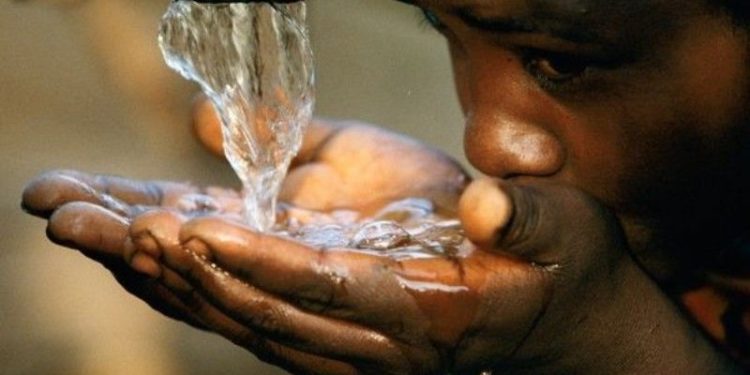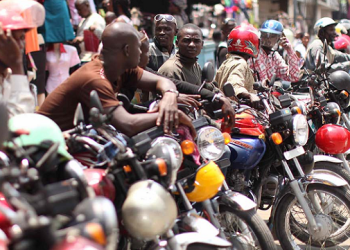The Ghana Water Company Limited (GWCL) says some of its private customers and government-owned institutions in the central region owe the company cumulative arrears of 134.3 million Ghana cedis.
These include second cycle and third cycle institutions of the ministry of education, the Ghana Health Service under the ministry of health, Police Service, Prison Service, and Ghana National Fire Service of the ministry of interior as well as domestic, commercial, and industrial private customers.

Speaking to the media on the sidelines of a stakeholders dialog organized by the Public Utilities Regulatory Commission in Cape Coast on Wednesday, the Central Regional Distribution Manager of GWCL, Ing. Thomas Amenya disclosed that the arrears are affecting the operations of the company.
According to him, although some have started paying their arrears, some recalcitrant ones are being sent to court in order to retrieve their monies.
Read also: CR: GWCL to persecute Customers owing more than GHC 1000.00
He, therefore, appealed to the government to come to their aid as they need the monies owed them to inject into the operations of the company to better serve other customers.
“Throughout the production process, there is the need for us to have money to carry out our abstraction of raw water. We treat, transport or transmit and distribute that raw water. We also need money to procure other logistics to ensure that we distribute the bills before we can even go-ahead to collect the revenue.” He said.
Ing. Amenya revealed that illegal connections and misuse of authorized consumption, non-payment of bills, and frequent damages to mains especially by road contractors are some of the challenges besetting the company.
On the issue of galamsey affecting the operations of GWCL, he said the turbidity of the water which is supposed to be about 500-800 Nephelometric Turbidity Units (NTU) is becoming high due to the activities of galamseyers.
This he explains increases operational and maintenance cost significantly and makes the production process strenuous.
He, therefore, emphasized that there was the need to have the stakeholder collaboration adding that “we are doing our part, we also want other stakeholders to play their part.”
On his part, the Central Regional Engineer for the Electricity Company of Ghana, Ing. George Amoah bemoaned the situation where illegal connections were crippling operations of the company both in the region and nationwide.
He said, “these illegal connections have an adverse effect on us seriously in terms of revenue.”
He, therefore, called on perpetrators of such acts to put a halt to their activities stressing that “it does not help us and it does not help the system”
The stakeholder dialog was under the theme: Quality Utility Service Delivery: A shared responsibility between the Utility Service Providers and Consumers.
Source: Anthony Sasu Ayisadu/ATLFMNEWS


























